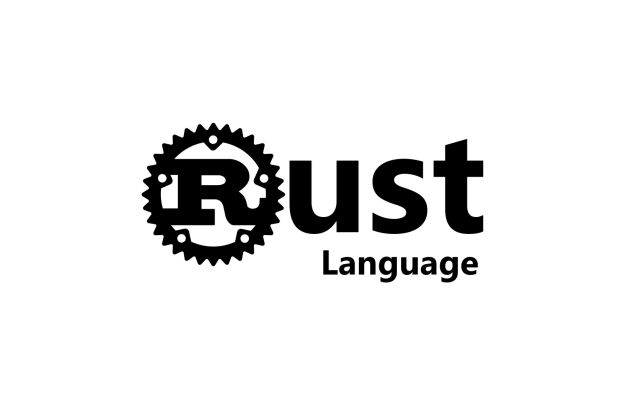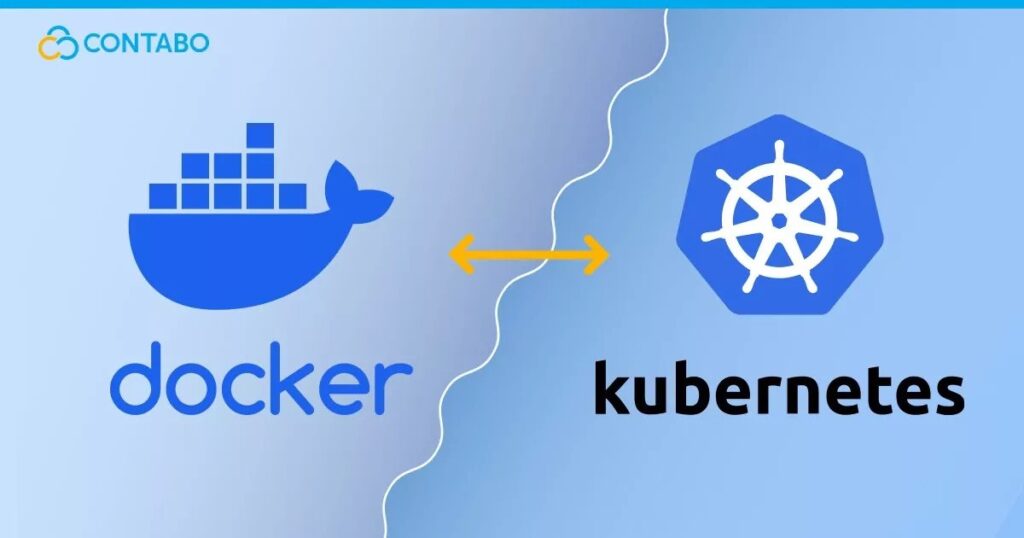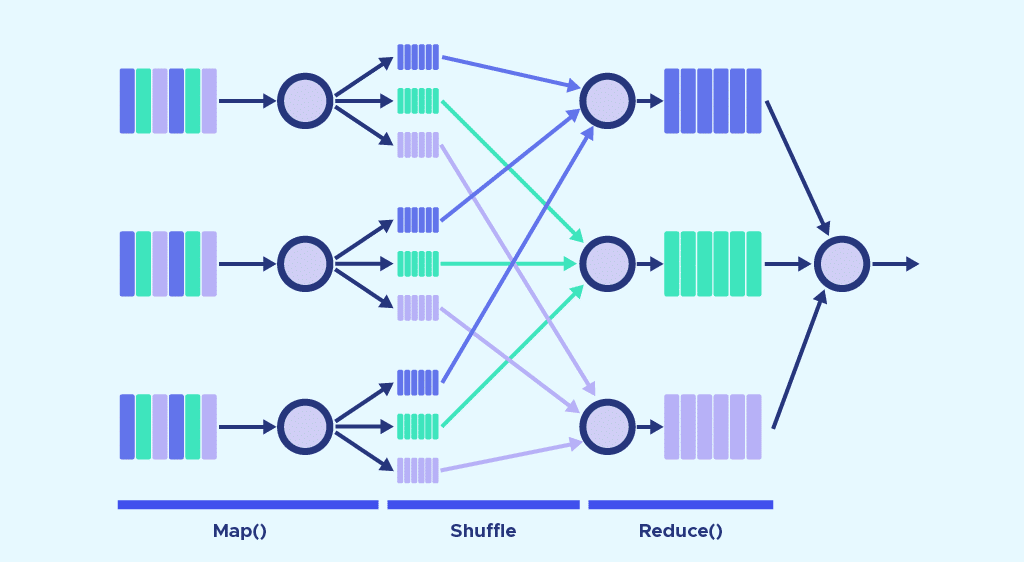We often hear about web development being a lucrative career path. While it’s true that web developers are in high demand, the tech landscape is vast and teeming with other high-paying opportunities. A recent Dice report highlighted that while web developers earn a respectable $85,897 annually, DevOps engineers command a significantly higher salary, averaging around $124,071.
While numerous resources exist for aspiring web developers, other lucrative tech niches often remain underexplored. This blog post delves into five such high-paying tech skills poised to dominate the job market in 2024.
Before we dive in, it’s important to remember that salary isn’t everything. Choosing a technology to specialize in is a personal decision influenced by factors like your existing skills, interests, learning curve, and future prospects. However, understanding the principles of supply and demand in the tech job market can unveil hidden opportunities and potentially boost your earning potential.
Let’s explore these five in-demand tech skills:
1. Go: The Simplicity of Python, the Power of C++

Imagine a programming language that blends the user-friendliness of Python with the raw power of C++. That’s Go, also known as Golang, in a nutshell. Developed by Google in 2009, Go has rapidly climbed the popularity ladder among developers, thanks to its simplicity, efficiency, and versatility.
Go is a general-purpose language, meaning it can build everything from robust web services to complex cloud-native applications. It’s also designed with built-in concurrency support, allowing it to effortlessly handle multiple tasks simultaneously. This makes Go a perfect choice for systems requiring high throughput and low latency.
Mastering Go can open doors to exciting roles like Cloud Engineer and Backend Engineer, with salaries averaging an impressive $145,000 per year, according to Dice. What’s more, Go boasts the sixth-fastest growing salary in the tech industry.
While we drew a comparison between Go and C++ earlier, it’s important to acknowledge that C++ still reigns supreme in raw performance. Go, while faster than most modern languages, utilizes a garbage collector for memory management. This simplifies development but can slightly impact performance.
Learn more: Go
2. Rust: The Champion of Performance and Safety

When speed and memory safety are non-negotiable, like in operating system kernels or game development, Rust emerges as the preferred choice among modern languages.
Rust’s unique approach to memory management, using an ownership and borrowing system, ensures code is free from memory leaks and other common pitfalls that plague software development. It’s no wonder that Rust consistently ranks among the most loved programming languages.
The demand for Rust expertise translates into attractive salaries, with developers earning an average of $137,000 per year.
Learn more: Rust
3. Docker and Kubernetes: The Dynamic Duo of Containerization

For DevOps engineers, Docker and Kubernetes are indispensable tools. But what about everyone else? Let’s break it down:
Imagine you’ve perfected your grandmother’s secret lasagna recipe. You’re eager to share it with the world, but you want to ensure it tastes exactly the same, no matter who’s cooking it. Docker steps in to solve this dilemma.
Docker acts like a portable kitchen, packaging your entire cooking process—ingredients, utensils, oven temperature, and all—into a neat container. This container, and its copies, can be shipped to any kitchen globally, guaranteeing consistent results.
In the software world, Docker replicates this concept for applications. It allows developers to bundle their code, libraries, and dependencies into containers, ensuring they run smoothly on any machine without compatibility issues. This makes sharing and deploying applications a breeze, propelling Docker’s popularity within the developer community.
If Docker is the portable kitchen, then Kubernetes is the master orchestrator. It’s the catering company that ensures all the kitchens work in perfect harmony.
In technical terms, Kubernetes automates the deployment and management of these containerized applications. It handles tasks like restarting failed containers, scaling applications up or down based on demand, and seamlessly rolling out new application versions.
Now, for the part you’ve been waiting for: mastering DevOps skills like Docker and Kubernetes can command a salary of around $139,000 per year.
Learn more: Docker
4. Cloud Computing (AWS, GCP, Azure): Your Head in the Clouds, Feet Firmly on the Ground

While Kubernetes excels at managing containerized applications, the question remains: where do these applications actually reside? The answer lies in the cloud.
Cloud providers like AWS (Amazon Web Services), GCP (Google Cloud Platform), and Azure offer a plethora of services, including managed Kubernetes offerings like Google Kubernetes Engine or Amazon Elastic Kubernetes Service. However, their capabilities extend far beyond just Kubernetes.
Think of AWS, for example. It provides a vast array of services:
- Amazon EC2: Rent virtual servers on demand.
- AWS Lambda: Run code without managing servers.
- Amazon S3: Store and retrieve any amount of data.
- Amazon RDS: Manage relational databases in the cloud.
GCP and Azure offer their own versions of these services, each with its unique strengths. Learning “cloud computing” entails understanding these various services, their use cases, and how to leverage them effectively.
Cloud certifications offered by these providers are valuable assets for demonstrating your expertise. Armed with in-demand cloud skills, you can expect to earn around $145,000 annually.
Learn more: edX
5. MapReduce: Taming Big Data with Hadoop

Imagine a mountain of books, and you need to count how many times a specific word appears across all of them. Manually sifting through each book would be a herculean task. This is where MapReduce comes in.
Think of MapReduce as a two-step process: “Mapping” and “Reducing.”
- Mapping: The task is divided among multiple servers (helpers). Each helper takes a book, analyzes it, and creates a list of words and their counts.
- Reducing: Another set of helpers consolidates the lists from the mapping stage, adding up the counts for each word across all lists. This gives you the final tally for each word in the entire collection.
This process is made possible by Hadoop, an open-source framework designed for storing and processing massive datasets. MapReduce acts as Hadoop’s processing engine.
Mastering MapReduce is a crucial skill for aspiring Data Engineers, and it comes with a rewarding salary of around $146,000 per year.
Learn more: MapReduce
The Choice is Yours
While exploring these high-paying tech skills can unlock lucrative opportunities, ultimately, the choice is yours. If you’re drawn to the versatility of Python, the robustness of Java, or the ubiquity of JavaScript, don’t hesitate to pursue them.
Remember, the tech landscape is dynamic, and continuous learning is key to staying ahead of the curve. By understanding the demands of the job market and investing in your skillset, you’ll be well-positioned for a successful and rewarding tech career.
